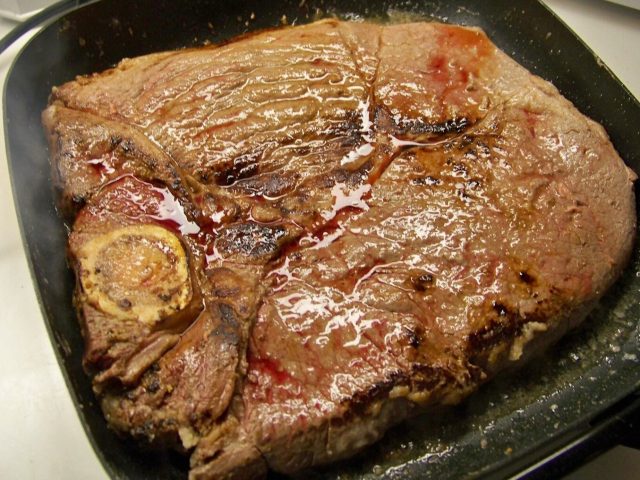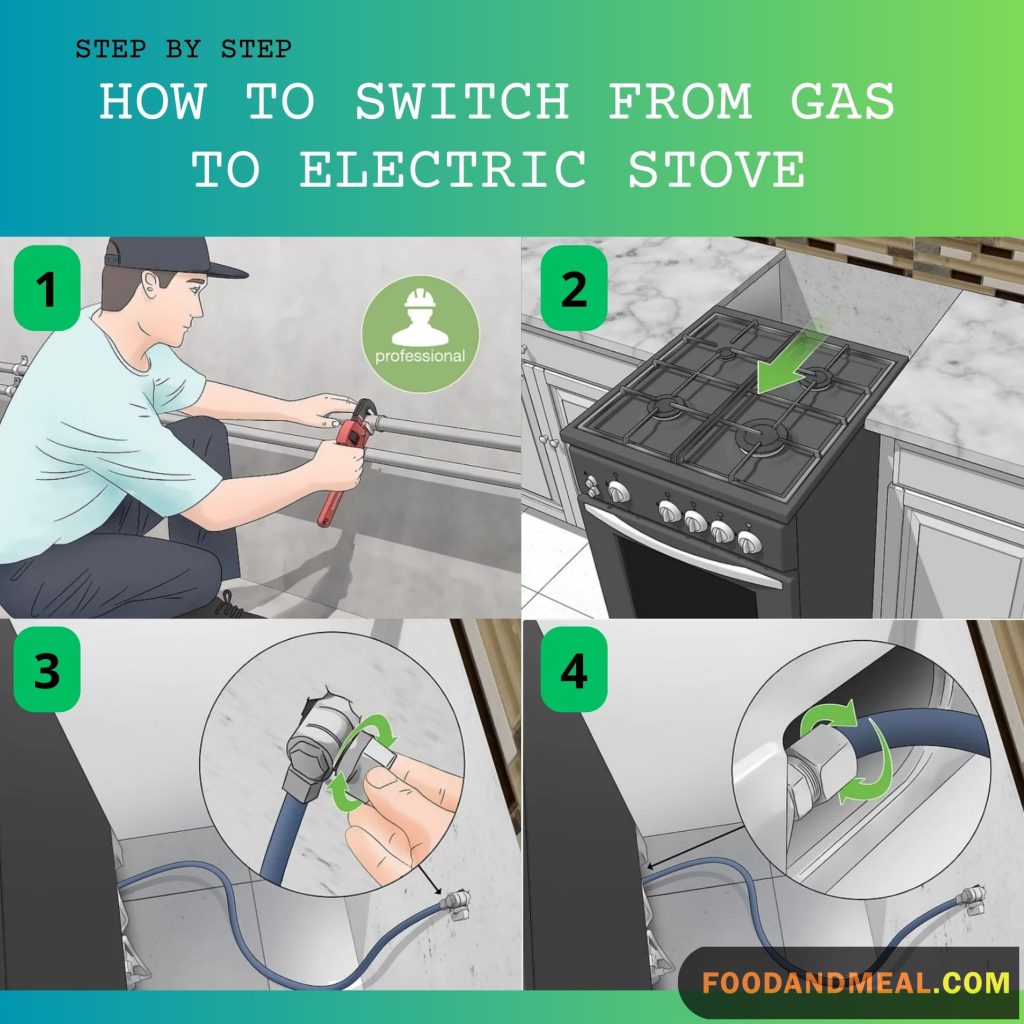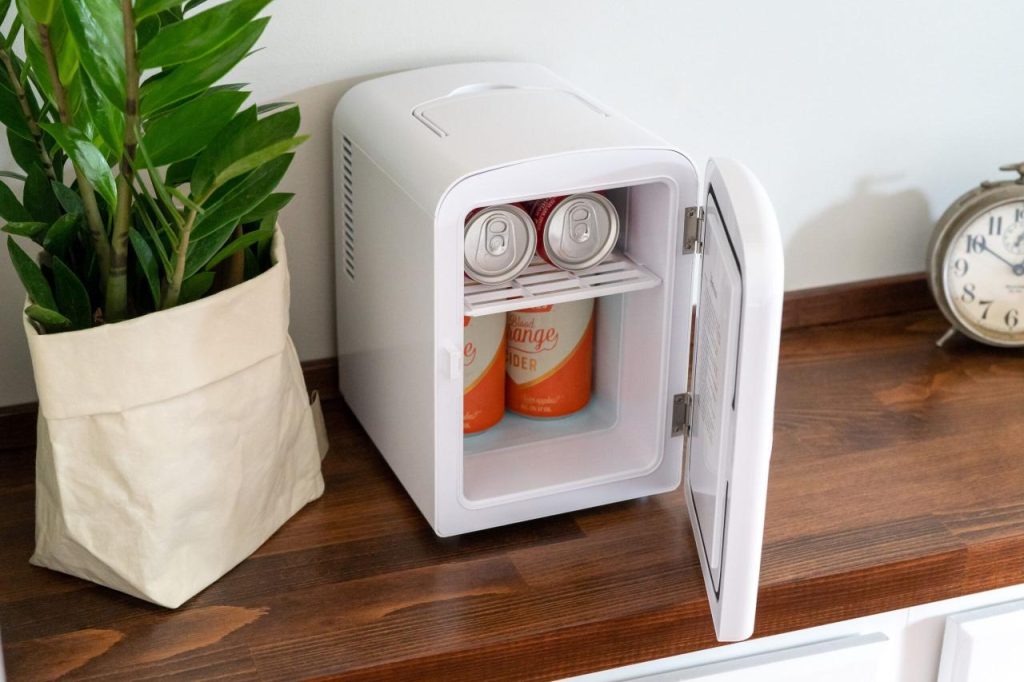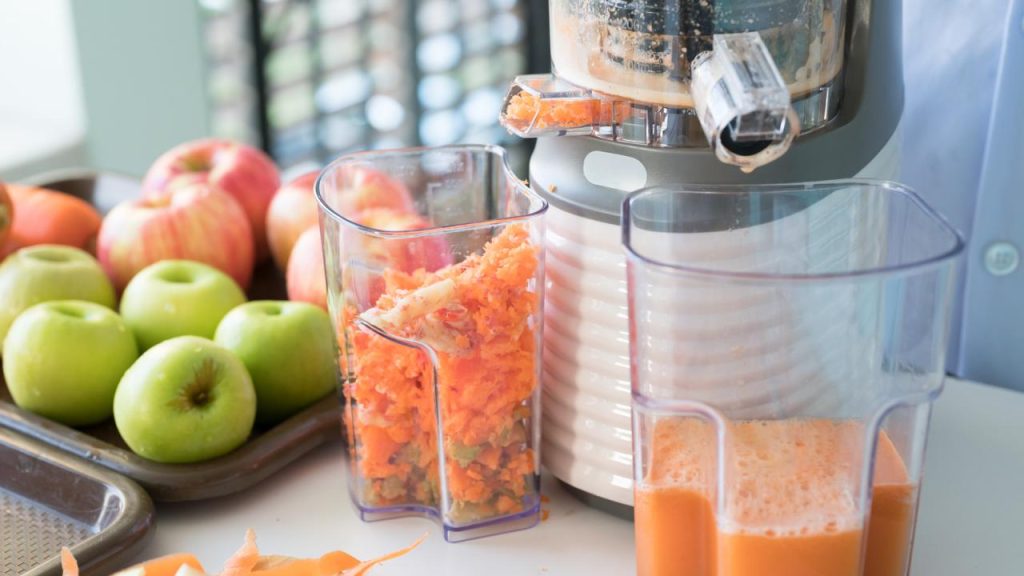The safety of aluminum cookware remains a subject of continuous debate and apprehension in the culinary realm. The question lingers: Are aluminum cookware safe?
In this investigation, Cook Eat Delicious delves into the intricate facets of aluminum cookware safety, meticulously scrutinizing elements like leaching and potential health consequences. The aim is to furnish a thorough comprehension, empowering individuals to make conscientious and well-informed decisions in their culinary practices.
Are aluminum cookware safe?
Aluminum Leaching and Its Impact on Health

Aluminum cookware has long been a popular choice in kitchens worldwide due to its cost-effectiveness and excellent heat conductivity.
However, the prevalence of aluminum cookware in kitchens globally has given rise to valid concerns regarding potential health hazards. One significant area of focus revolves around the possibility of aluminum leaching into food during the cooking process.
This leaching process becomes particularly pronounced when dealing with acidic or salty foods, such as tomatoes or certain sauces, which have been demonstrated to expedite the release of aluminum. Existing research suggests a potential correlation between increased aluminum intake and health issues, particularly in relation to neurological functions.
It is crucial to note, though, that the amount of aluminum leached into food from cookware is generally considered minimal and falls within acceptable limits as per regulatory standards.
Furthermore, the human body has mechanisms to eliminate excess aluminum, contributing to the ongoing discourse on the actual health risks associated with the use of aluminum cookware.
Mitigating Risks through Prudent Cooking Practices
Navigating the intricacies of aluminum cookware safety requires a proactive approach in the kitchen. This entails not only understanding potential risks but also implementing measures to minimize them.
By embracing safe cooking practices, such as monitoring heat exposure and cooking durations, selecting suitable utensils, and exploring alternative options like anodized or coated aluminum cookware, individuals can strike a balance between enjoying the convenience of aluminum cookware and safeguarding their health.
This section provides practical guidelines for users to effectively navigate the nuanced landscape of aluminum cookware safety.
Types of Aluminum Cookware and Their Safety Profiles
When assessing the safety of aluminum cookware, it’s crucial to examine the diverse range available in the market. The safety and performance of these cooking vessels are influenced by distinct manufacturing processes and treatments.

Anodized Aluminum Cookware
Cookware made from anodized aluminum undergoes a process that enhances its resistance to corrosion and toughens the surface. This type of cookware is generally regarded as safer than conventional aluminum cookware. The anodization process creates a protective layer that minimizes the risk of aluminum leaching into food.
Non-Stick Aluminum Cookware
Non-stick aluminum cookware often incorporates a coating to prevent food adherence. However, concerns regarding the safety of non-stick coatings have surfaced, given the potential inclusion of other chemicals like PTFE or PFOA.
The scratching or deterioration of the non-stick surface could expose the underlying aluminum, potentially affecting food safety. Thus, careful consideration of the type and condition of non-stick coatings is paramount in ensuring safe usage.
Tips for Safe Use of Aluminum Cookware
While the safety of aluminum cookware remains a complex subject, there are precautionary measures you can implement to reduce potential risks and ensure safe utilization in your kitchen.
- Avoid High Heat and Prolonged Cooking Times: Restrict exposure to elevated temperatures and lengthy cooking durations, as these conditions can heighten the likelihood of aluminum leaching.
- Use Wooden or Silicone Utensils: Choose utensils crafted from wood or silicone to prevent surface scratching, which could potentially expose the aluminum beneath.
- Regularly Inspect and Replace Damaged Cookware: Periodically examine your aluminum cookware for any indications of damage, such as scratches, pitting, or corrosion. Replace any compromised pieces to uphold the integrity of the cookware.
- Consider Anodized or Coated Options: When selecting aluminum cookware, contemplate anodized or coated variations to minimize the risk of aluminum leaching and enhance the overall safety profile.
In conclusion, the safety of aluminum cookware is a nuanced and evolving matter. While concerns exist, integrating safe cooking practices and opting for specific types of aluminum cookware can alleviate potential risks, allowing you to continue enjoying the advantages of this widely used kitchen material.







